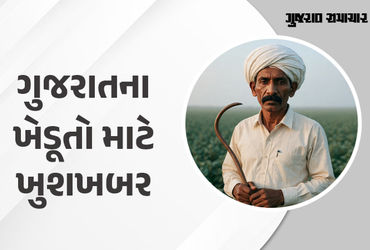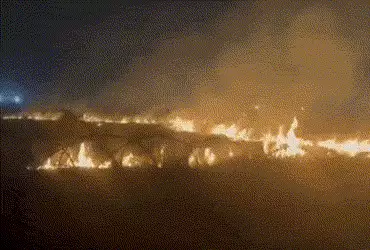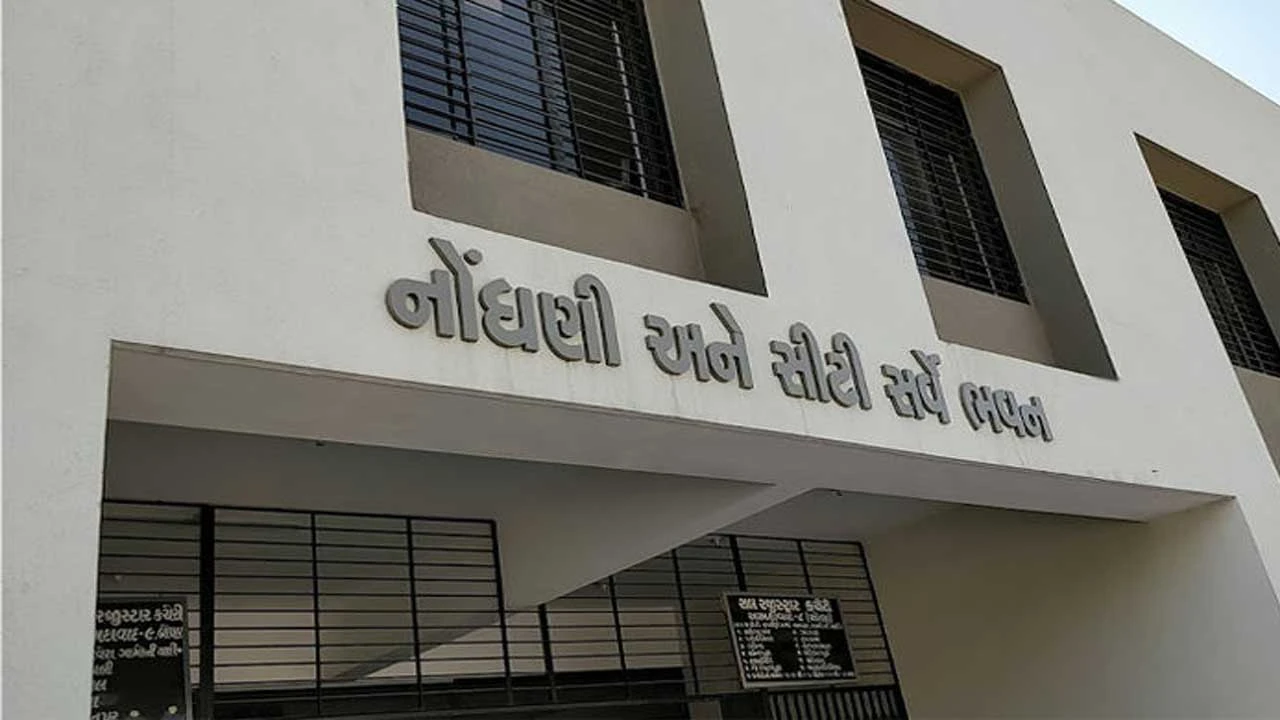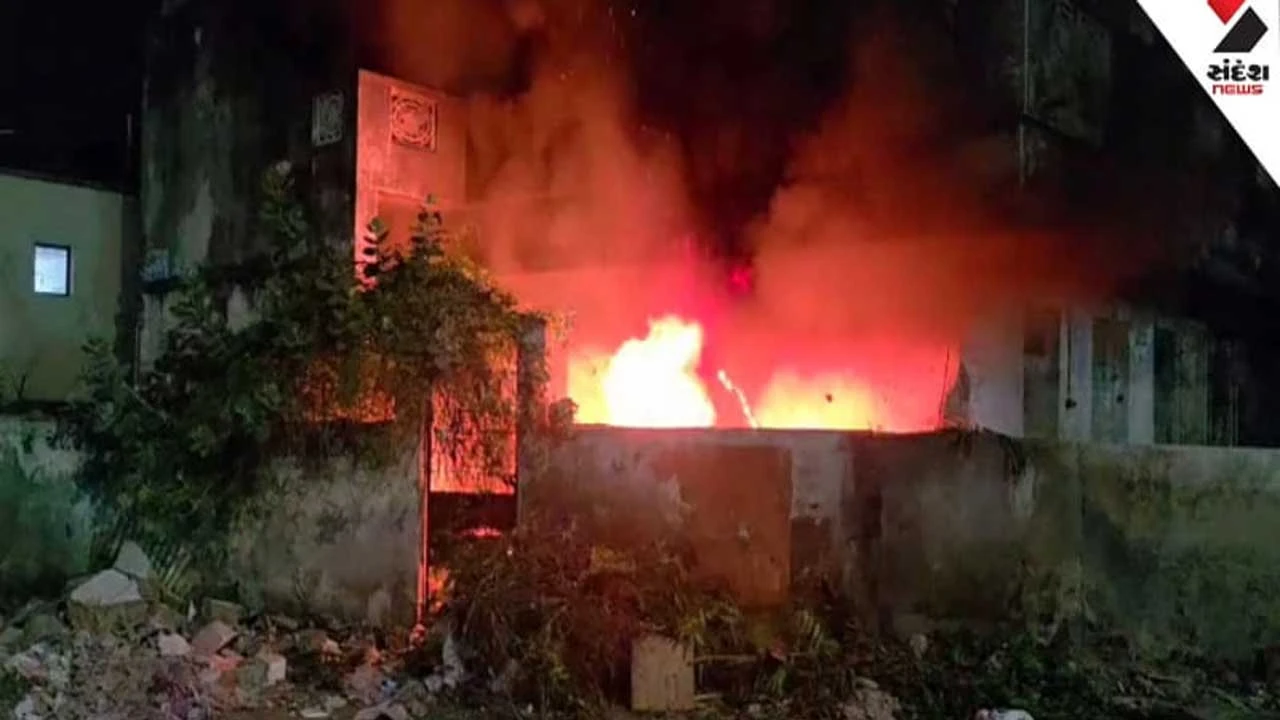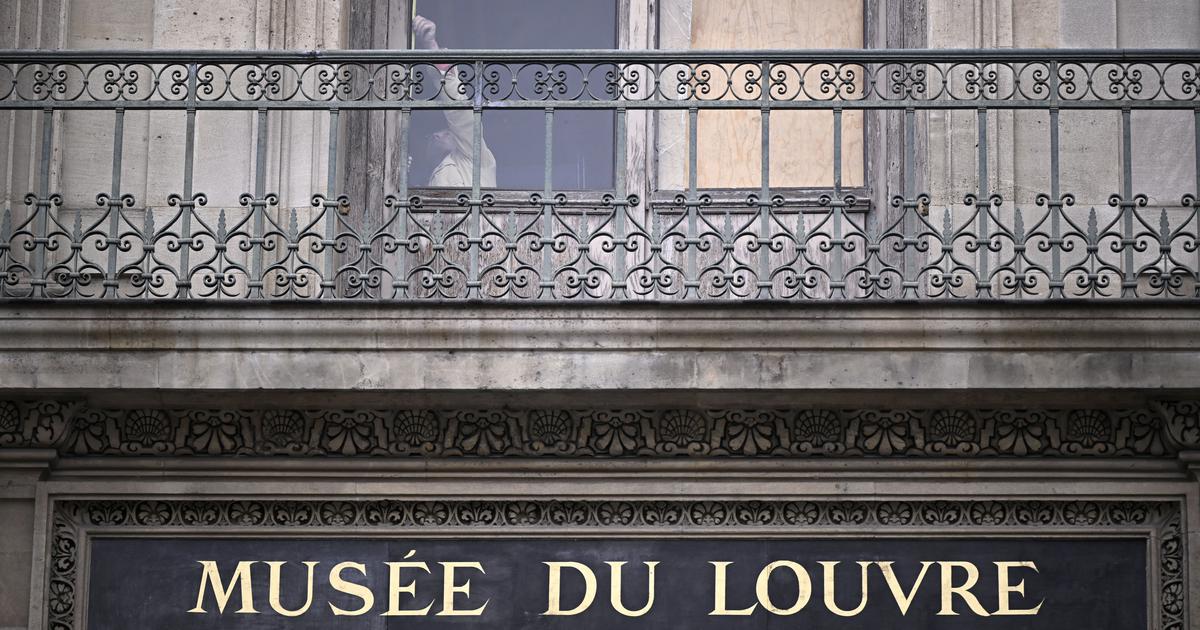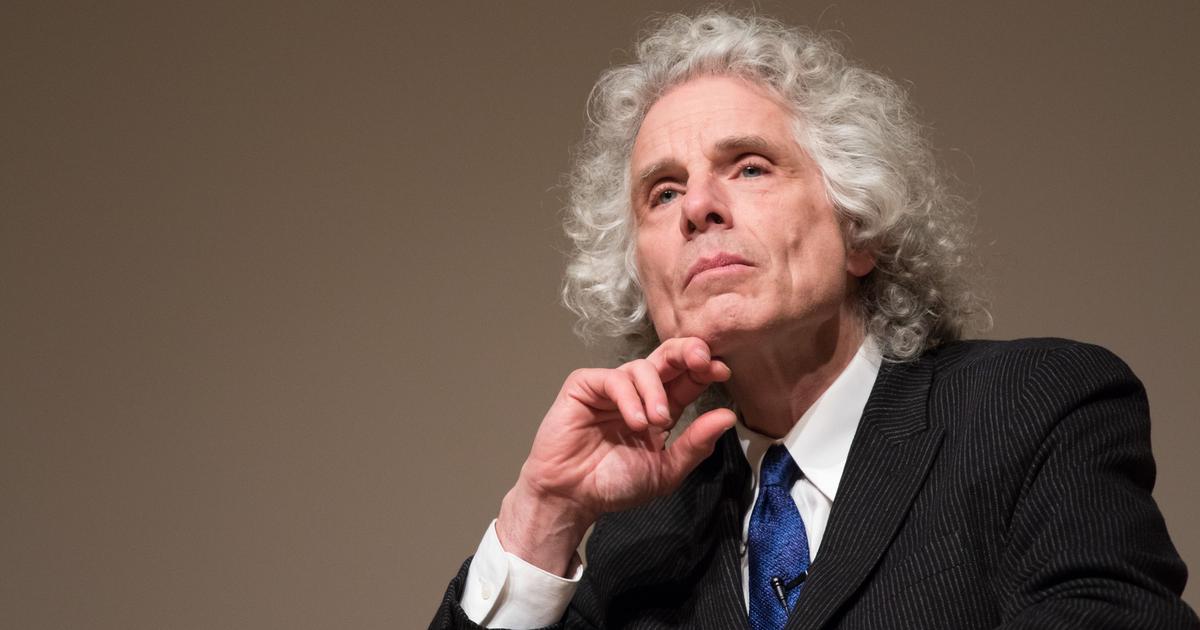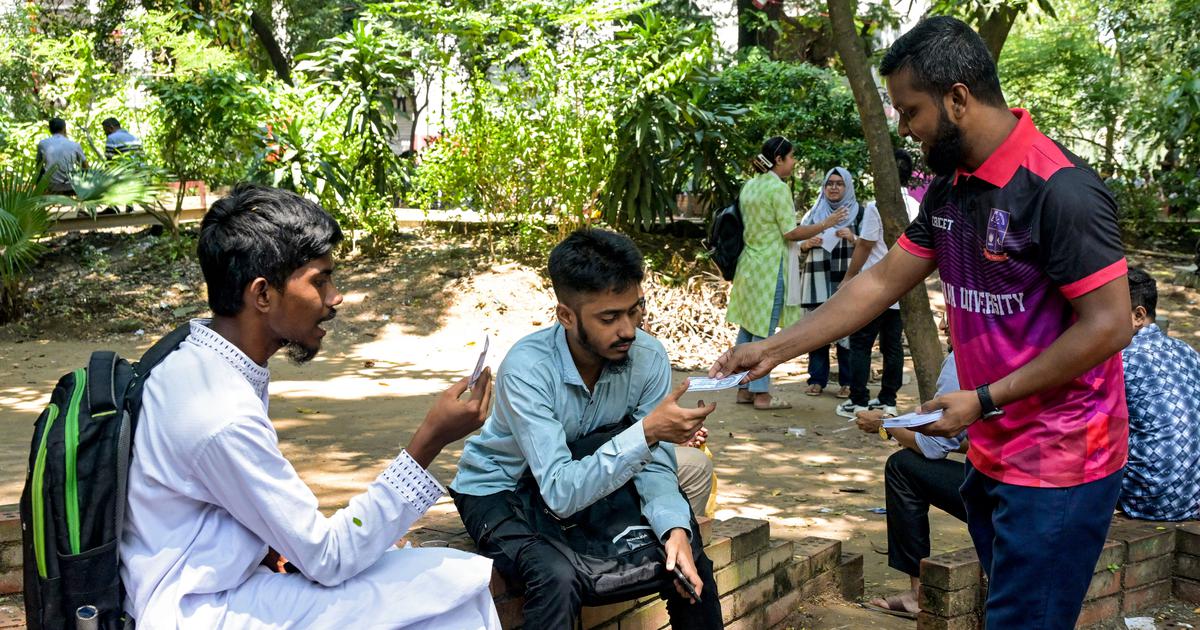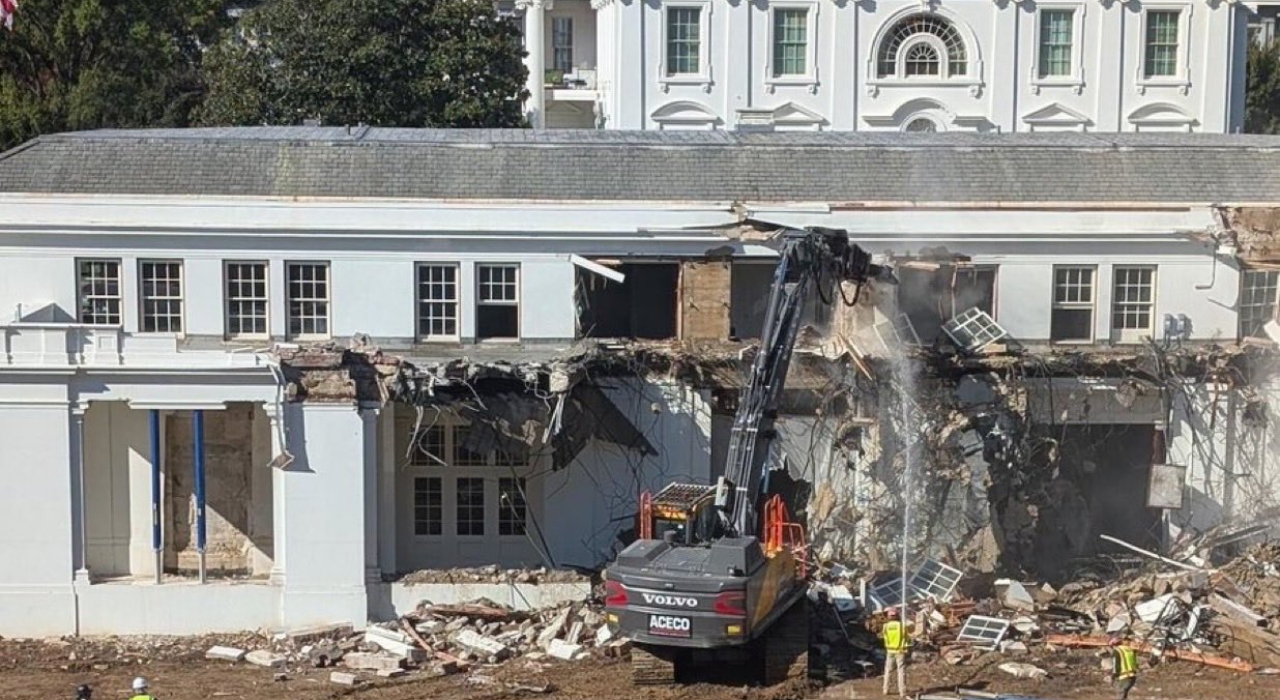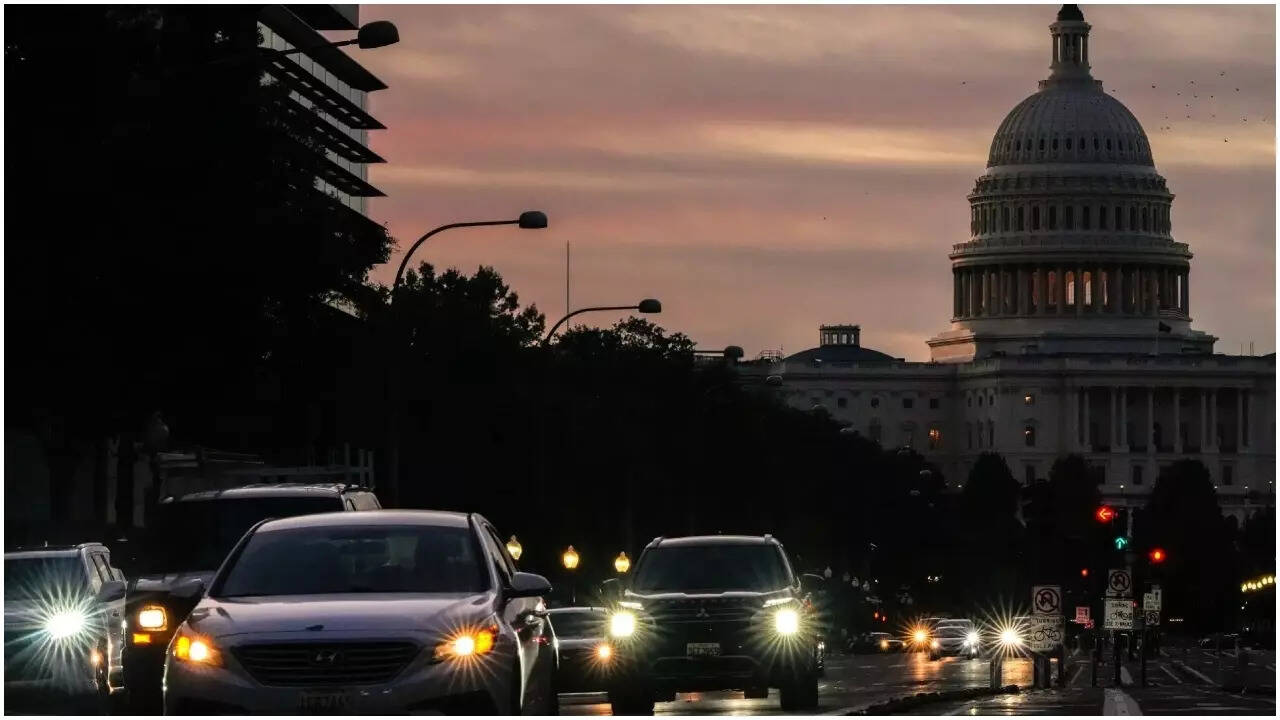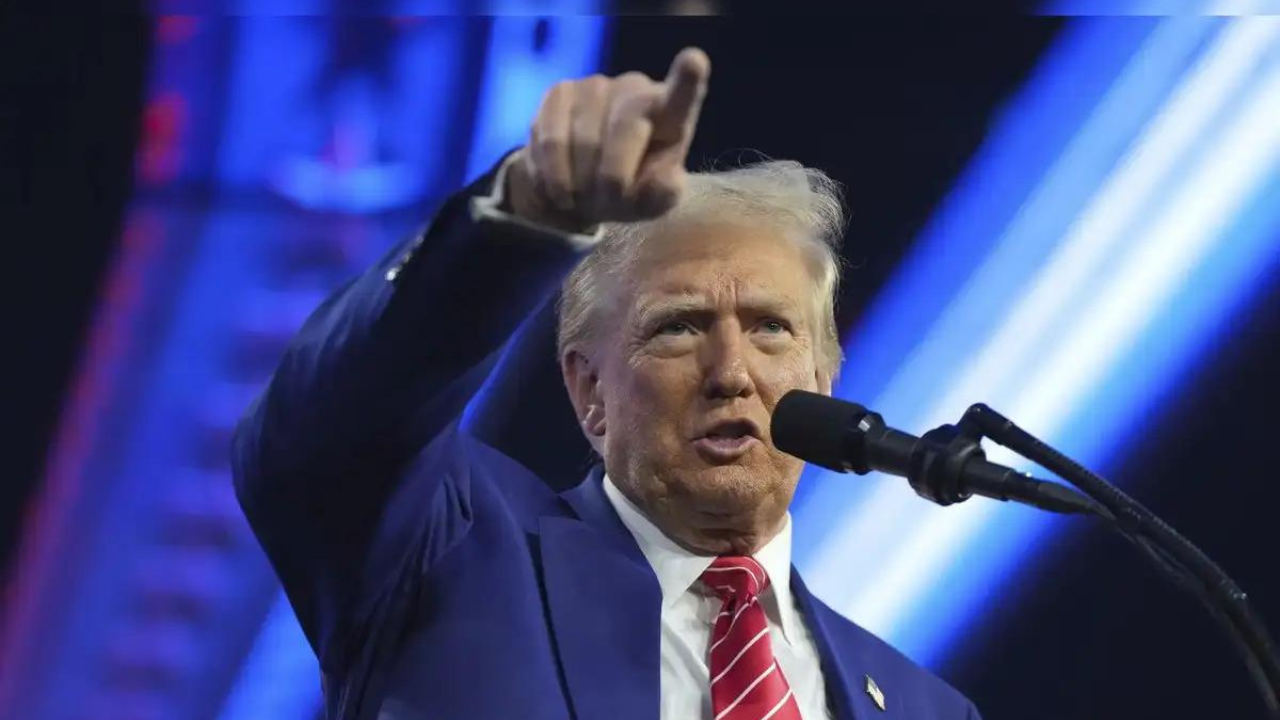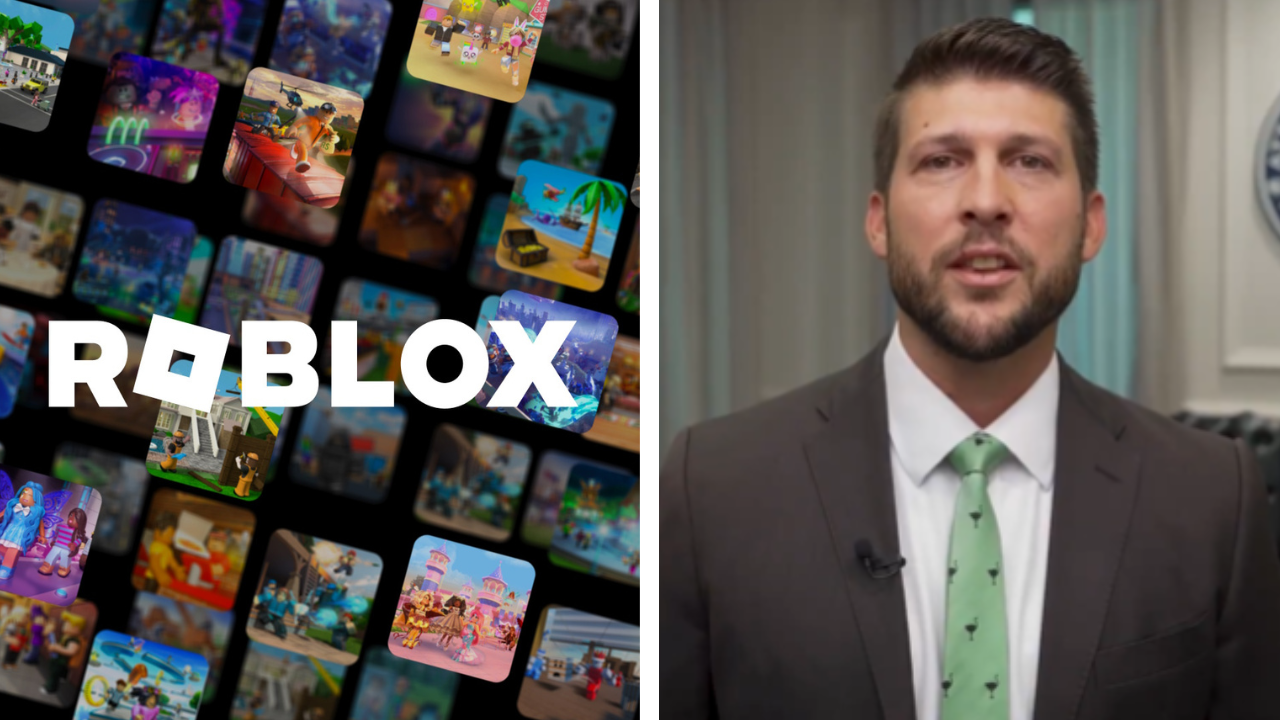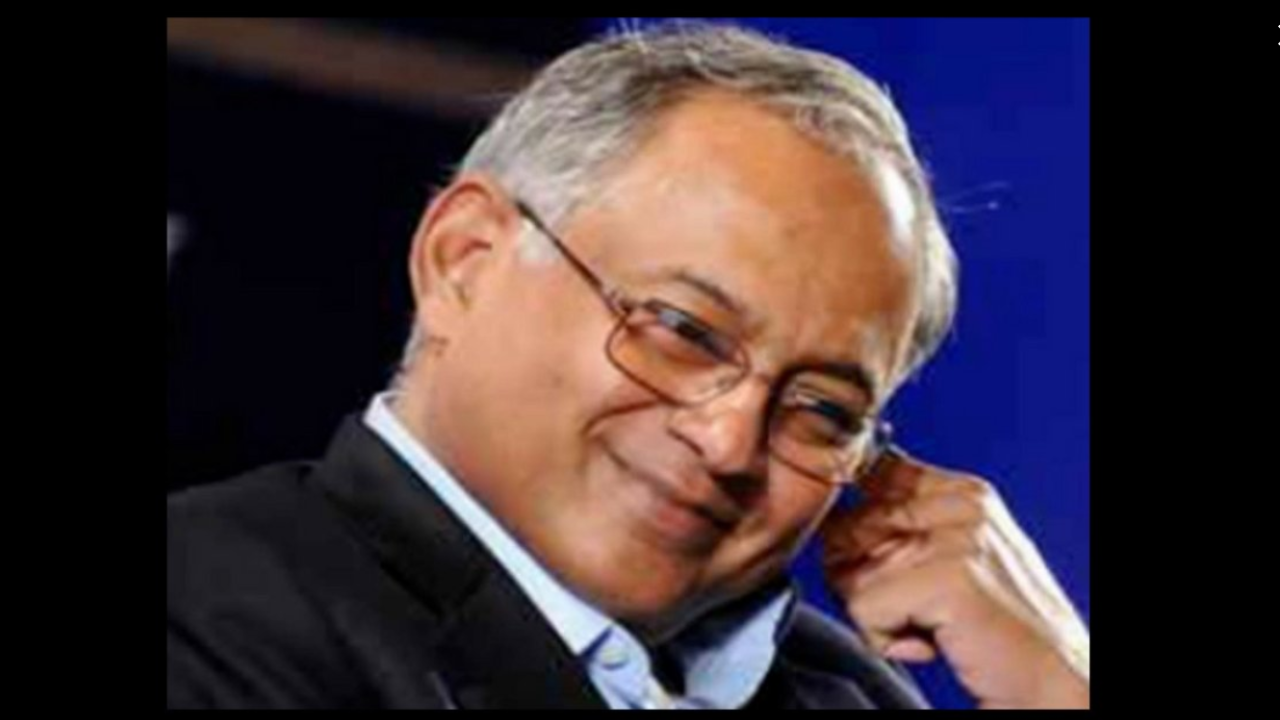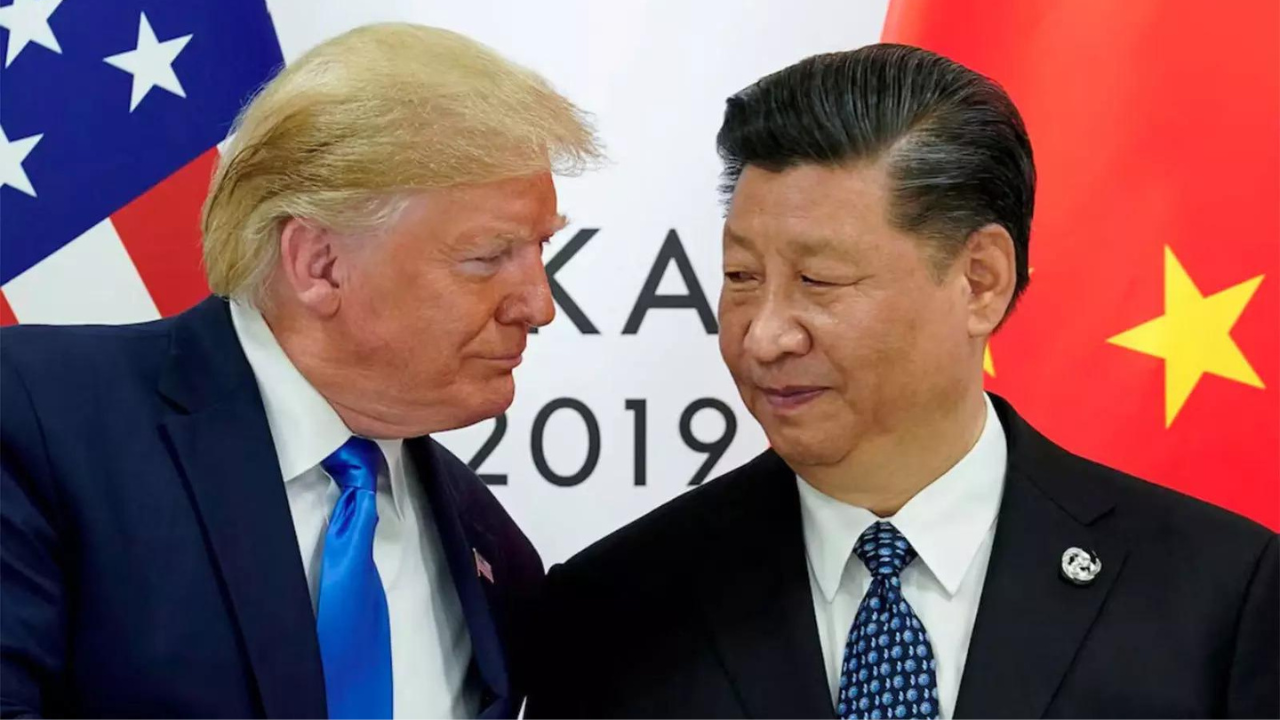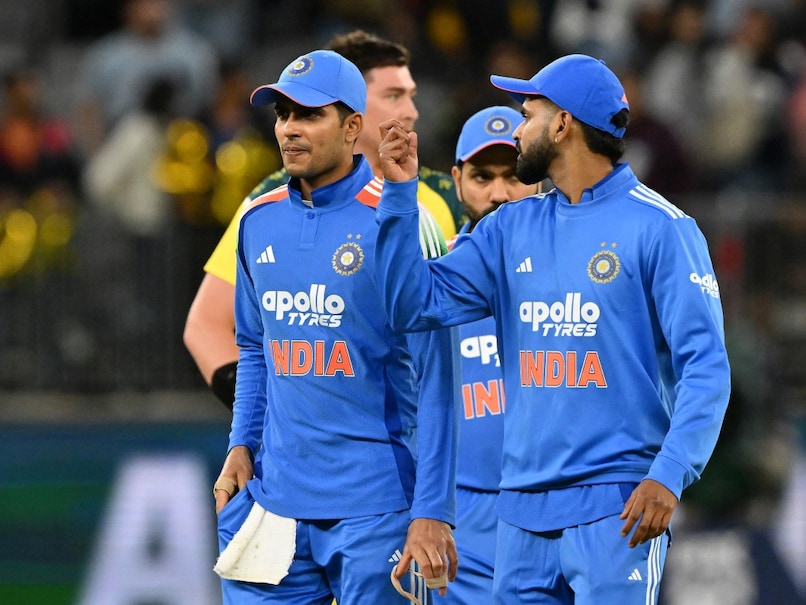When war becomes a meme: Tagore’s warning against hollow nationalism

Join our WhatsApp Community to receive travel deals, free stays, and special offers!
- Join Now -
Join our WhatsApp Community to receive travel deals, free stays, and special offers!
- Join Now -

In the weeks since the Pahalgam terror attack on April 22 and India’s military strikes on Pakistan on May 7, something unsettling has been unfolding – on our television screens.
The prospect of war became indistinguishable from viral marketing slogans: “strike back”, “teach a lesson” and “avenge” became punchlines in a social media meme battle that trivialised suffering and glorified violence.
On both sides of the border, ordinary citizens – many far removed from the realities of frontline life – engaged in a virtual battle that obscured the human cost of conflict.
The jarring contrast between virtual rage and lived reality begs a question: what have we made of nationalism? Perhaps, more importantly, what has it made of us?
Over a century ago, a quiet voice from Bengal had sensed where unchecked nationalism could lead. Writing in 1917, during the Second World War and at the height of imperial ambition, Nobel Laureate Rabindranath Tagore warned of nationalism becoming a mechanical and dehumanising force.
He saw how it could hollow out compassion, reduce individuals to instruments of the state and transform the nation from a space of shared meaning into a machinery of power. His concern wasn’t love for one’s homeland – it was about what happens...
Read more
What's Your Reaction?
 Like
0
Like
0
 Dislike
0
Dislike
0
 Love
0
Love
0
 Funny
0
Funny
0
 Angry
0
Angry
0
 Sad
0
Sad
0
 Wow
0
Wow
0
